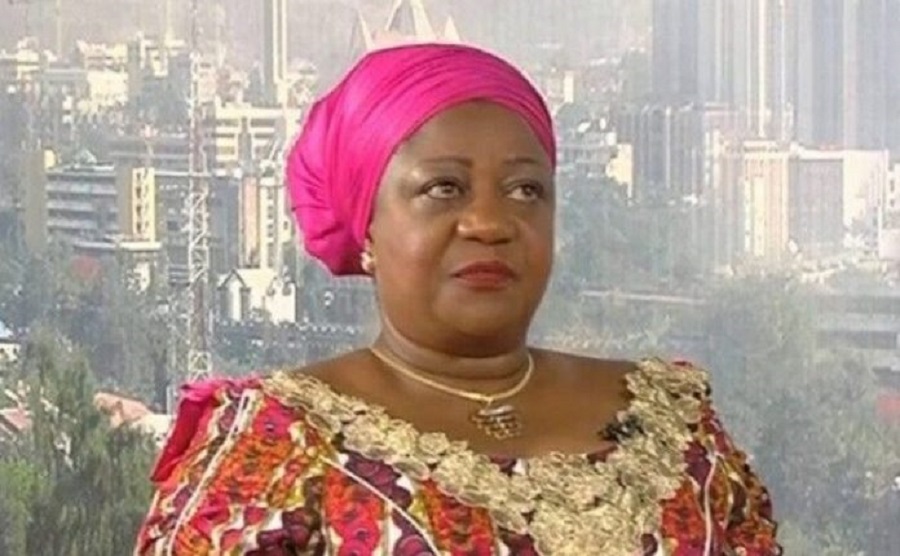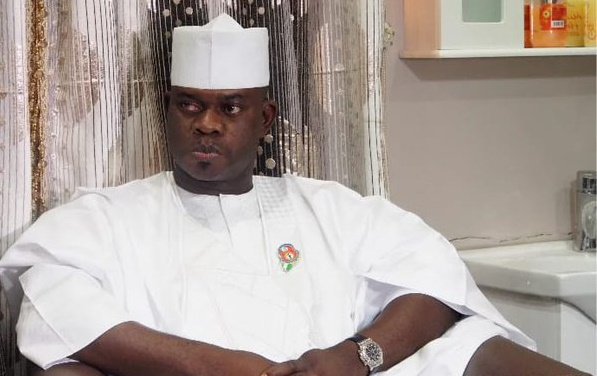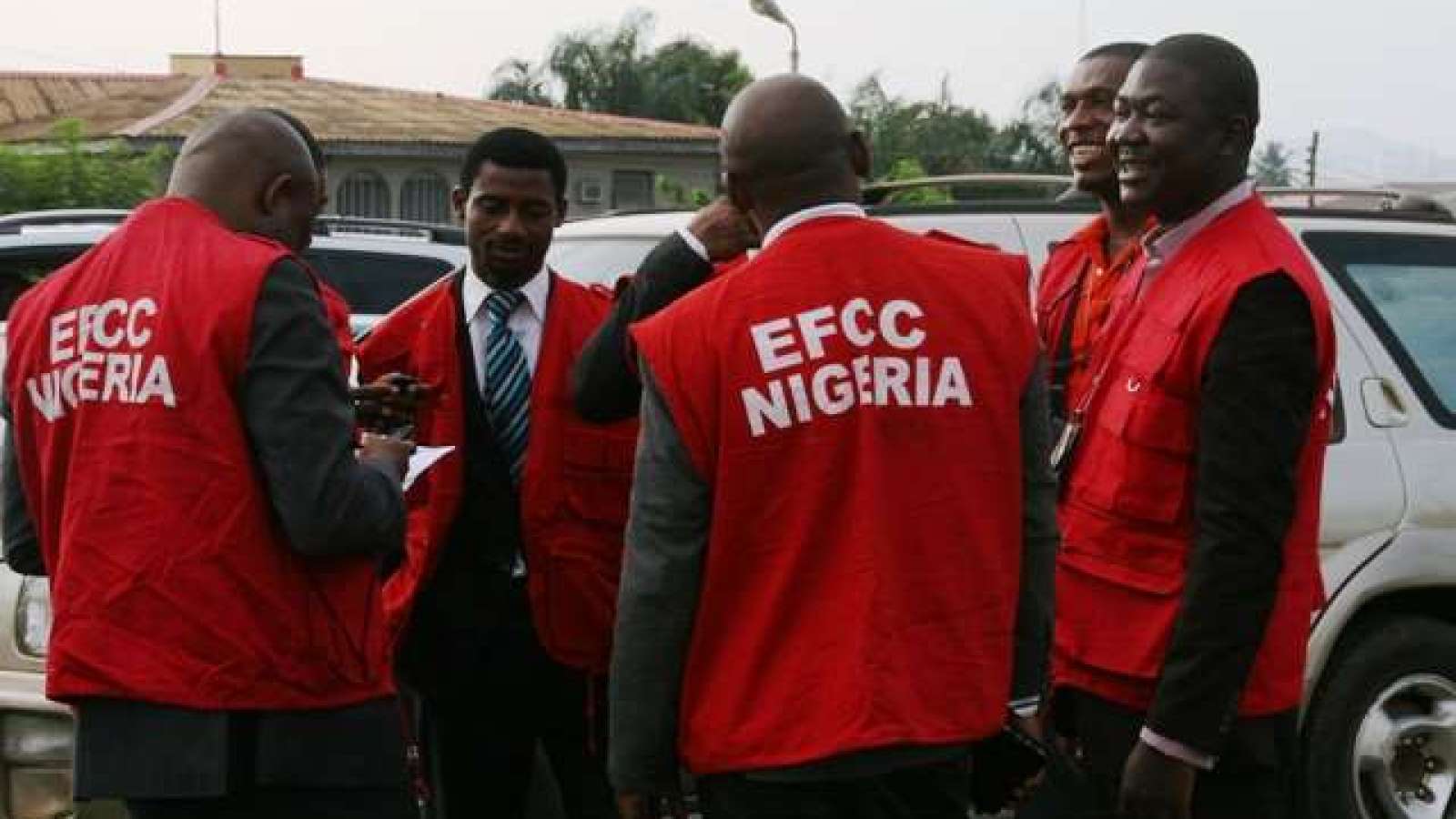The nomination of the controversial Personal Assistant to President Muhammadu Buhari, Lauretta Onochie as an electoral commissioner has been generating buzz from day one.
Civil Society Organizations and opposition parties, particularly the Peoples Democratic Party (PDP), have condemned the appointment of a known partisan person as commissioner for the electoral umpire.
Section 14 (b) of the third schedule of the 1999 Constitution provided that members of the Independent National Electoral Commission (INEC), must be “non-partisan and be a person of high integrity.”
Ms Onochie, who was nominated to represent Delta State, is known for making controversial statements in defending the President and the government, including partisan statements.
At the Senate confirmation screening on Thursday, political comments by the nominee, gave the members of the Senate committee on INEC ample ammunition to aim at her.
In 2019, Olalekan Raheem, a nominee for the electoral commissioner to represent Osun State was rejected by the Senate for being a member of a political party.
Although, Ms Onochie claimed at the hearing that she ceased being a member of the APC in 2019 after the general election, a Tweet from 2020, during the Adams Oshiomhole-led leadership has emerged, where she still referred to APC as her party.
“There is DEFINITELY an APC e-NEC meeting TOMORROW. We are going through a growth process. Thank you, everyone,” she wrote.
Ms Onochie is believed to have lied on oath during the screening, as an affidavit she deposed on June 2019 has surfaced. In the affidavit, she wrote; “I am also a member of the All Progressives Congress (APC).”
As it stands, YIAGA Africa and 8 others have instituted a case against the federal government and the Senate Committee on INEC at a Federal High Court in Abuja.
Last week, the Chairman of the PDP, Uche Secondus stormed the National Assembly, to protest her nomination for the office.
Why is Onochie that most hated?
Since she was appointed the aide to President Buhari on new media, Onochie’s mode of operation has been the use of ”insults” to attack anyone opposing the government, earning her the nickname, ”attack dog.”
From saying EndSARS protesters were backed by ‘cyber criminals’ to saying it was organised by ‘dumb kids’, Ms Onochie was never the favourite of the Twitter Nigeria community.
Onochie once went after Ayo Balogun, Wizkid, when the latter called Buhari an ”old man” during the EndSARS crisis.
Onochie said Wizkid “exhibited crass ignorance, insensitivity and childishness,” adding, “But hey, he’s a #DumbkidNotWhizKid”
Etomi Adesuwa, actress and wife of Wellington Bankole, once attacked her for posting a picture of young kids using paper cut for a face mask.
The actress said, “You are a disgrace. Both home & abroad. You should be ashamed that these children have to do this with cardboard. Instead of talking about how to tackle poverty so they can be protected adequately against the virus, you’re spewing this nonsense.”
Onochie has severally been accused of spreading fake news and posting distorted pictures in the defence of the government, with a former Vice President, Atiku Abubakar being her favourite target.
DailyPost

 News6 years ago
News6 years ago
 Featured6 years ago
Featured6 years ago
 Boss Picks6 years ago
Boss Picks6 years ago
 Headline6 years ago
Headline6 years ago
 Headline6 years ago
Headline6 years ago
 Headline5 years ago
Headline5 years ago
 Headline6 years ago
Headline6 years ago
 Headline6 years ago
Headline6 years ago













